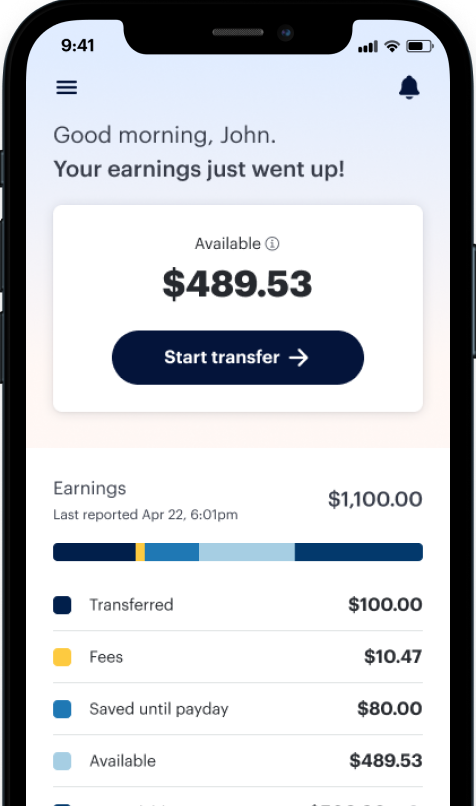Tax season is in full swing. If you haven’t already done so, now is the time to gather up your tax documents and make plans to file your 2021 tax return. During last year’s filing season, 59% of those who failed to file on time dragged their feet because they were scared they’d owe a federal tax bill, according to one NerdWallet survey.
It’s true that some taxpayers end up owing money to Uncle Sam. If you fall in this camp, you’ll want to square up with the IRS to avoid potential penalties. Here’s a simple guide that covers what to do if you have a tax bill.
Reasons you might have a tax bill
There are a few reasons you could end up with a tax liability. Self-employed folks are expected to make quarterly estimated tax payments throughout the year. If you fail to keep up with your payments, or underpay your estimated taxes, you could face a tax burden when you file your annual return.
Meanwhile, regular employees fill out a W-4 form that calculates how much federal tax they want withheld from their paychecks. Withholding too little will result in larger paychecks, but it could also lead to a potential tax bill later down the road. One 2021 survey from the Association of International Certified Professional Accountants found that 45% of American taxpayers had no idea when they last updated their withholding. You might also have a tax bill if you:
- Received unemployment income
- Profited from the sale of capital assets, which include stocks, bonds or real estate
- Are no longer eligible for tax deductions and credits you’ve taken in the past. Deductions reduce your taxable income, while credits directly lower your tax bill. For example, the earned income tax credit provides a tax break to low- to moderate-income workers and families. You may have received this credit in the past but now earn too much money to qualify.
Different ways to pay your tax bill
1. Schedule an electronic funds withdrawal when you file your tax return.
Those who file their income tax return with a tax professional or through tax-prep software or IRS Free File can pay their tax bill directly from their bank account. You must e-file your return to do so. Funds will be electronically withdrawn at no charge, but be sure to check if your bank charges any fees. Alternatively, you might choose to schedule a direct payment from your bank account after filing your return.
If your tax bill is relatively small, you may have enough in your checking account to cover the balance. If not, you might consider transferring money from your emergency fund. This is a pool of money that’s designed to see you through financial surprises, like unexpected tax bills. Experts recommend setting aside three to six months’ worth of expenses and parking it in a high-yield savings account.
2. Request a payment plan.
If you’re up against a big tax bill and can’t pay it all at once, look into a payment plan. Short-term plans give you up to 180 days to pay your balance in full, though interest and potential penalties may accrue in the meantime. Longer-term payment plans allow qualified taxpayers to make monthly payments. These types of installment plans charge a user fee that can be as high as $225, however low-income taxpayers may have it reduced or waived. Just bear in mind that approval isn’t guaranteed. Your application could be rejected if you provide incorrect information, underreport your income, or are in the middle of a bankruptcy case.
3. Try to strike a deal with the IRS.
The IRS may accept an offer in compromise, which allows you to settle your debt for less than you owe. It’s designed for people who can’t afford to pay the full amount or would suffer a financial hardship if they did. The IRS will consider your income, ability to pay, expenses and asset equity when determining your eligibility. As an alternative, you might be able to temporarily delay paying your tax bill if doing so would make it difficult to meet your daily living expenses.
No matter which option you choose, be sure to pay your taxes as agreed. Otherwise, you could be hit with a failure to pay penalty. This amount is expressed as a percentage of your overdue taxes and is calculated based on how long they remain unpaid. The penalty cannot exceed 25% of your unpaid taxes.
DailyPay is here to help you make the most of your income, which can come in handy if you’re face-to-face with a tax bill. We provide workers with access to their earned pay when they need it most.

